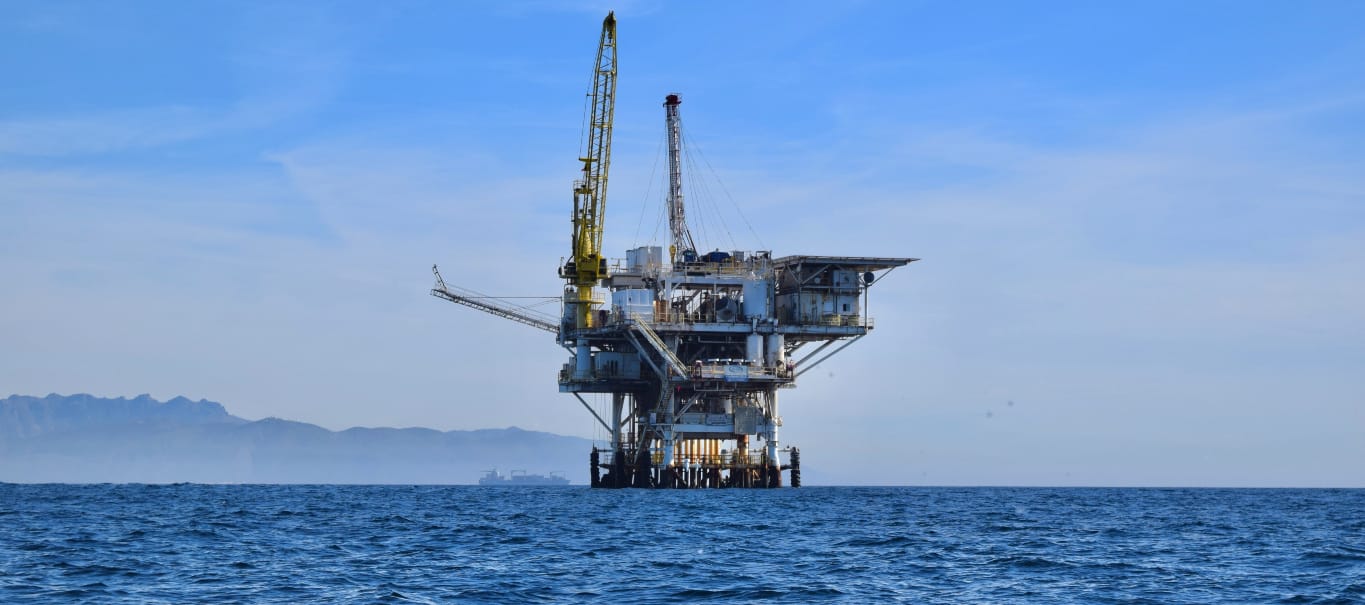What is a petroleum engineer?
Although we typically think of petroleum as fuels for cars, it can also be processed to create other vital products. Petroleum is vital for the creation of plastic, asphalt and even pharmaceuticals. Petroleum engineers allow us to reap the benefits of petroleum products while ensuring safe, environmentally friendly extraction.
What specialisms are available within petroleum engineering?
Most petroleum engineers specialise in one particular area. Some focus on exploration, using their knowledge of geology and geophysics to evaluate potential petroleum reserves. Others choose to focus on drilling, working alongside drilling engineers and mudloggers to make sure drilling is completed safely and cost-effectively. Furthermore, there’s the option to specialise in locating petroleum reservoirs, developing specialist recovery methods and implementing to ensure maximum gain. Finally, many engineers work to compile the finished product, overseeing the journey to the well and the refining process.
What are the typical responsibilities of a petroleum engineer?
Responsibilities vary depending on which specialism; however, general responsibilities include: analysing geological data, using mathematical models to maximise production, calculating extraction risks, planning extraction services and ascertaining extraction risks (potential for natural disasters).
What is life like as a petroleum engineer?
When on duty, petroleum engineers are required to work seven days a week, often in shifts of 12 hours or more. However, this intense schedule is offset by long holiday periods. For example, many engineers work offshore for two to three weeks, before returning home for two weeks off. As you gain more experience, you’ll predominantly work onshore, enjoying a regular nine-to-five schedule. International travel is also a large part of the role.
What skills do I need to be a successful petroleum engineer?
To be a successful petroleum engineer, you’ll need strong technical, numerical and analytical skills, to analyse geological data. Problem solving skills are also vital, to troubleshoot technical issues. Flexibility and the ability to cope under pressure are also important, to deal with the frequent travel and the long working hours.
How do I become a petroleum engineer?
To become a petroleum engineer, you’ll need an undergraduate or postgraduate degree in a relevant subject. Examples include: physics, civil engineering, maths and chemical engineering. There are also numerous petroleum engineering HND courses, which are shorter and less expensive than a degree, and also teach you valuable technical skills.
Although a postgraduate degree isn’t essential, the competitive nature of the field means completing one will help you stand out from the crowd.
